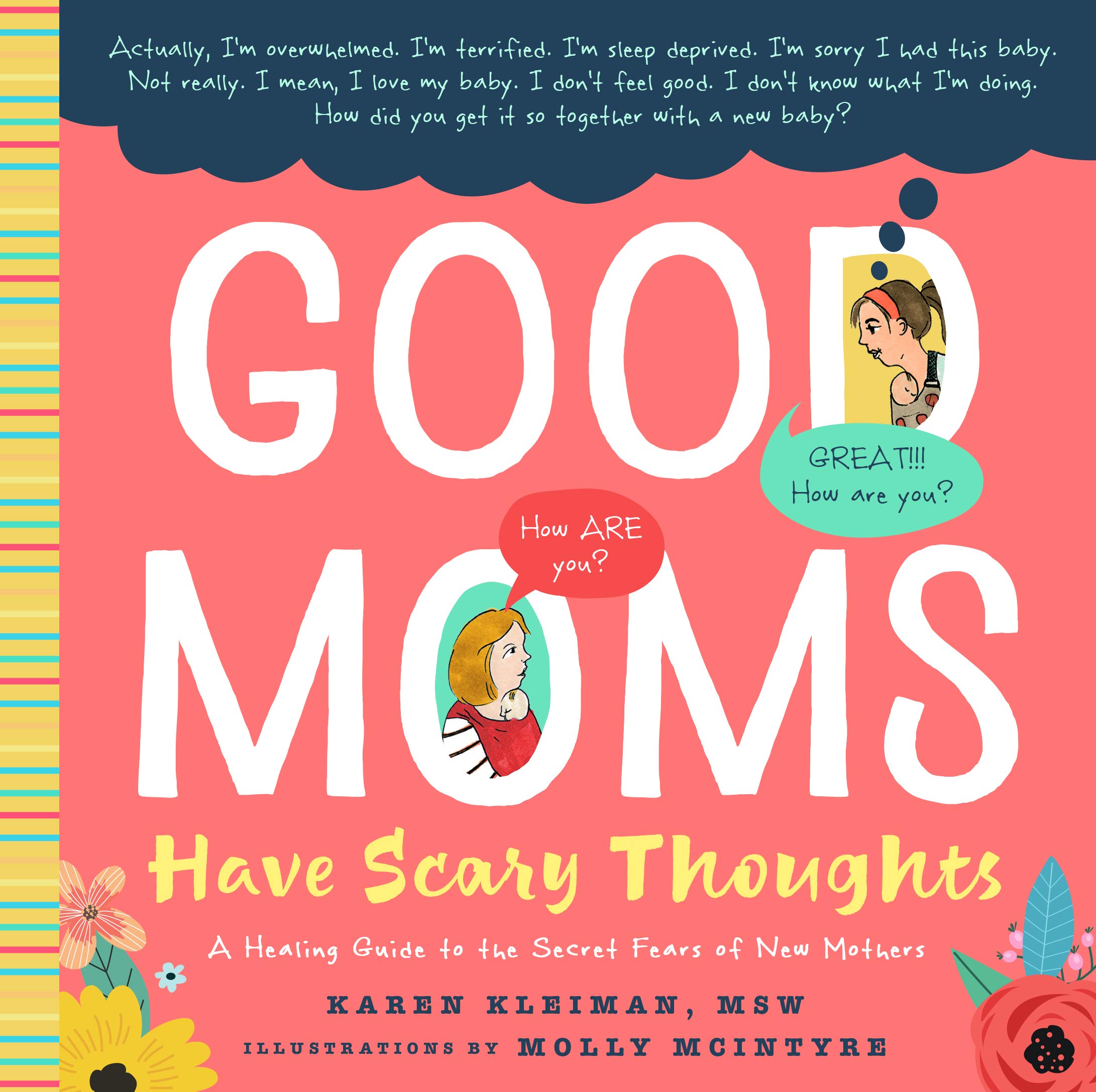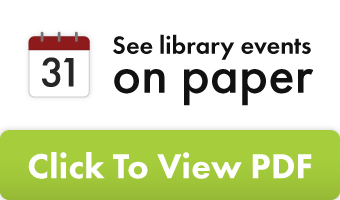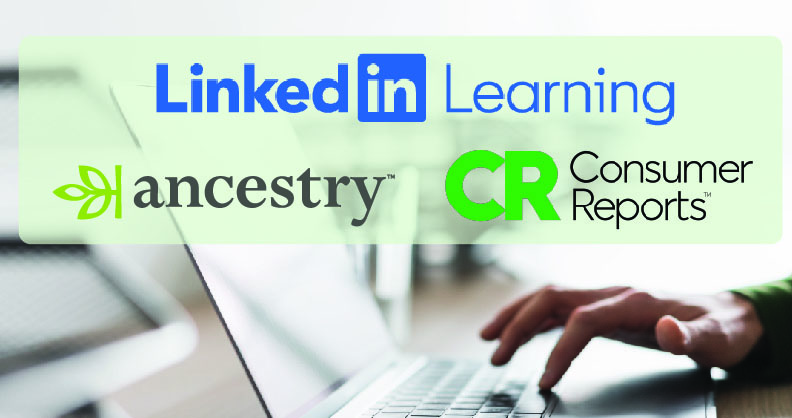Nine Months of Reading: Books about Pregnancy
by Crystal Hicks, Collections Librarian
 Amongst the many historic and monumental changes that hit the world in 2020, my life was rocked by another great and terrible change: I became a parent. Parenthood has been wonderful and awe-inspiring, but it’s also terrifying, especially when you’re staring it down while undergoing a long, uncontrollable biological experiment—that is, pregnancy. To say I dislike change is to phrase things mildly, so it’s no surprise that I struggled with pregnancy and all the changes it unleashes. In times of uncertainty, I cleave to books, and so I researched and read all hours of the evenings and weekends. Here are the books that brought me knowledge and reassurance.
Amongst the many historic and monumental changes that hit the world in 2020, my life was rocked by another great and terrible change: I became a parent. Parenthood has been wonderful and awe-inspiring, but it’s also terrifying, especially when you’re staring it down while undergoing a long, uncontrollable biological experiment—that is, pregnancy. To say I dislike change is to phrase things mildly, so it’s no surprise that I struggled with pregnancy and all the changes it unleashes. In times of uncertainty, I cleave to books, and so I researched and read all hours of the evenings and weekends. Here are the books that brought me knowledge and reassurance.
I’ve written before about Lucy Knisley, my favorite graphic memoirist, and her memoir “Kid Gloves.” “Kid Gloves” follows Knisley from trying to get pregnant to shortly after giving birth and marked my first foray into books about pregnancy. Knisley expertly punctuates her story with research about the (often awful) history of reproductive health. One caveat about this book: it may not be the best starting point for those newly pregnant. During childbirth, Knisley had eclampsia and almost died, compounding my existing fears about giving birth.
Another excellent memoir by a new millennial parent is Meaghan O’Connell’s “And Now We Have Everything.” O’Connell covers her life from pre-pregnancy musings with friends in New York City (all secretly wanting kids but afraid to take the next step) through childbirth, moving across the country, and a year of postpartum depression. O’Connell reads like a friend giving it to you straight, including the gory details of childbirth, breastfeeding, and the overwhelming exhaustion and chaos of life with a newborn. With O’Connell’s book under my belt, I felt a little more prepared for the emotional and physical havoc that pregnancy and new parenthood might wreak.
Aside from memoirs, I also wanted to know everything there was to know about pregnancy. I turned to the “Mayo Clinic Guide to a Healthy Pregnancy” as a detailed, well-researched tome to guide me. This book has it all, from week-by-week developmental breakdowns to lists of different potential complications and when to call your doctor. I loved this book, but it is possible to have too much information, especially if you’re prone to anxiety; for a pregnancy book with fewer lists of things that could go wrong, try DK’s “Pregnancy Day by Day” instead.
In “Expecting Better,” Emily Oster goes beyond the standard doctors’ recommendations and evaluates the actual scientific studies used to create those recommendations. An economist specializing in health economics, Oster analyzes study design and statistical analysis, explaining which recommendations absolutely need to be followed and which might allow for some flexibility. This is where I learned that catching most food poisoning is fine while pregnant (hello, raw cookie dough), but you should avoid listeria at all costs (bye-bye, deli meat).
Science writer Angela Garbes’s “Like a Mother” (available on Sunflower eLibrary) combines research with memoir, compiling the results of research inspired by her own pregnancy and postpartum recovery. Garbes covers some content I’d already learned at that point (for example, the actual risks of consuming some caffeine or alcohol while pregnant), but she plumbs greater depths when it comes to the bizarre biology of what pregnancy entails. Garbes’s book also contains my favorite pregnancy-related fact: the placenta is an organ grown by the baby, not the mother, so it actually contains the baby’s DNA. Mind. Blown.
Finally, I looked for books to help with my mental health. Kate Rope’s “Strong as a Mother” perfectly fit the bill, offering advice and anecdotes from real-life parents covering all aspects of pregnancy and new parenthood. Sections are short and to-the-point, ideal when finding time to research around a busy pre-baby life or while your newborn naps. Rope strongly advocates for self-care and asking for help when you need it, which struck a chord with me and encouraged me to accept whatever help was offered. Rope also discusses scary thoughts, providing reassurance that your mind may not be all sunshine and rainbows even if your baby is the most perfect baby ever. Karen Kleiman’s “Good Moms Have Scary Thoughts” expounds further on negative thoughts, working to undo the secrecy and shame that surround them.
These books all provided great support and perspective during my pregnancy. As a new parent, I’m finding even more questions to research, but books and the library are still by my side, offering me guidance. Rest assured, I’ll return to write about my favorite books for new parents.

